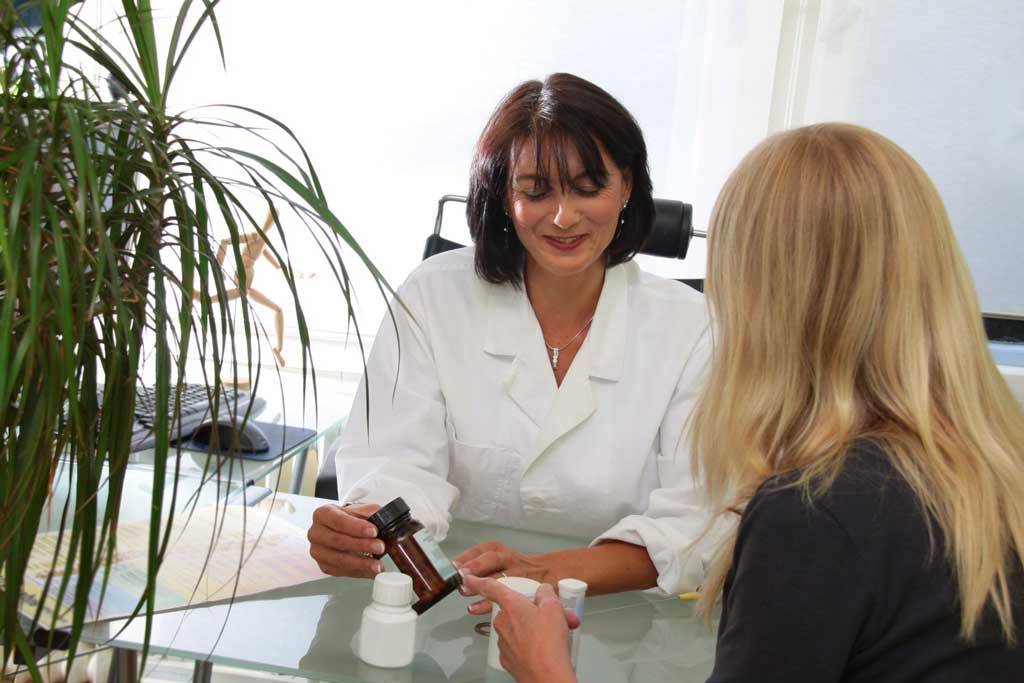Naturopathy Explained by a Naturopath

If you’re into wellness, you’ve probably heard the term naturopathy, but would you be able to explain this realm of natural health if someone asked you? If the answer is no, I’m going to clear some things up for you here. In this particular article, we’re going to demystify this form of natural medicine, so that you can make the choices necessary for your personal health and wellness needs.
What does Naturopathy mean?
As you can see, the term naturopathy has nature as its root. We’re talking about Mother Nature here, as well as the nature of the human body. Naturopathy embraces a treasure trove of natural healing techniques—both ancient and new, to stimulate the body’s natural ability to heal itself. That’s the main idea behind naturopathy. We use the wisdom of our natural environment, and its many healing resources, to trigger the natural healing mechanisms within the human body.
What kind of healing methods are involved in Naturopathic medicine?
Naturopathy, also known as naturopathic medicine, embraces a wide variety of healing modalities and techniques. When I was studying for my degree in naturopathy, the classes we covered ran the gamut. There was a course in Ayurvedic medicine, the system of healing from ancient India that’s often referred to as yoga’s sister science. We studied aromatherapy, the method involving the distillation of plants and flowers that administers the concentrated essence of a plant for healing. There was an herbalism class, in which we learned how to make concoctions and tinctures of various herbs to promote health and healing. We studied thermal medicine, and various bathing techniques. We also studied massage, acupuncture, acupressure, homeopathy, and nutrition. Hippocrates’ quote, “let food be thy medicine, and medicine be thy food” was an ongoing theme throughout my studies.
Today, naturopaths also include lifestyle counseling and consulting with clients to get to the heart of a particular health issue. Like any form of holistic medicine, naturopathy is all about getting to the root of the problem. As naturopaths, we do our best to find the root cause of an issue, and then administer the most effective natural healing techniques and modalities available to heal the ‘whole person.’
How is Naturopathy different from Western Medicine?
Western medicine is truly effective when it comes to emergency situations like gunshot wounds, car accidents, and other traumas. But, for systemic problems, it typically puts a bandaid over the problem, which often gets worse once the band-aid comes off. Western medicine is also beneficial when you need open heart surgery, for example, when cardiovascular problems have become extreme. It has its place in modern times, no doubt.
Naturopathy, like other forms of alternative medicine, is really great as a preventative form of medicine. Unlike Western medicine, naturopathic medicine looks at the patient on all levels—physical, mental, emotional, and even energetic. The naturopath knows that external imbalances are a result of internal imbalances which can happen at any or all levels. There are principles of naturopathic medicine that make it different from Western medicine, which we’ll explore below.
Naturopathy Principles and Guidelines
- Nature has a healing power: unlike Western medicine, which focuses primarily on the modern inventions of man, naturopathy looks to the past—to the ancient healing systems of traditional cultures which find healing remedies from Mother Nature’s bounty.
- Do no harm: where Western medicine is invasive, naturopathy is not. The naturopath must never cause harm to the patient, and prevents potential harm by using gentle, non-invasive tools for health and well being.
- Find and then treat the root cause of illness: western medicine typically addresses a symptom, rather than the cause. Naturopathy, on the other hand, aims to find the root cause of a given health issue, in order to heal it and prevent it from returning.
- The naturopathic doctor acts as a teacher: western doctors treat the patient rather than giving her the tools to treat herself. A naturopath aims to educate the patient, so that he or she can take care of herself to prevent health issues, and live a lifestyle that’s focused on wellness.
- Treat the ‘whole person’: a naturopath studies each individual, and gives healing remedies based upon the individual’s constitution, and current state of being. Healing is tailor-made. Western medicine, on the other hand, offers one-size-fits-all remedies in most cases.
- Prevention first: naturopathy is preventative medicine. It offers us ways of living that prevent illness and disease. Western medicine is quite the opposite. We go to a doctor after our body’s screaming at us for attention.
Is there evidence that supports the efficacy of Naturopathy?
Evidence-based medicine is more suited to Western medicine with its emphasis on using the randomized-controlled trial model to see whether a specific symptom can be treated with a specific remedy or remedies. This symptom-based model lends itself to the scientific study model. As such, a naturopath can look to the evidence of say—turmeric to cure inflammation. However, since the very nature of naturopathy is to look at the many different aspects of the ‘whole person,’ it doesn’t lend itself to the evidence-based model as much as conventional medicine does.
For someone looking for evidence that displays the efficacy of naturopathy, case studies are helpful. You might want to ask around. See if friends, co-workers, family, or neighbors have had positive experiences with a particular naturopathic physician. And, while first-hand experience is always the most reliable, perusing the internet for case studies can also answer questions you might have. Some naturopathic doctors like this one have websites ripe with case studies from their patients. Read through some of them to get a better idea of what a naturopathic consultation and treatment are all about. You may find a story that peaks your interest, and inspires you to seek out a local naturopath in your area.
In conclusion
As always, pay attention to your individual needs and desires. Every one’s healing journey is unique. You know better than anyone what’s right for you. Stay true to yourself and enjoy your own adventures in natural healing!
About the author: Aimee Hughes, ND is a yoga and holistic health writer who has been traveling and exploring the world of natural health and wellness for the past two decades. She holds a B.A. in French from Tulane University and a Doctor of Naturopathy from Clayton College of Natural Health. She has written hundreds of articles for publications across the globe, including Nature & Health (AU), The South African Journal of Natural Medicine, Reader’s Digest Canada, Gaiam TV, the South China Morning Post and many more. Aimee is the lead writer and health consultant for the Yandara Yoga Institute in Todos Santos, Mexico.


Leave a Reply
You must be logged in to post a comment.